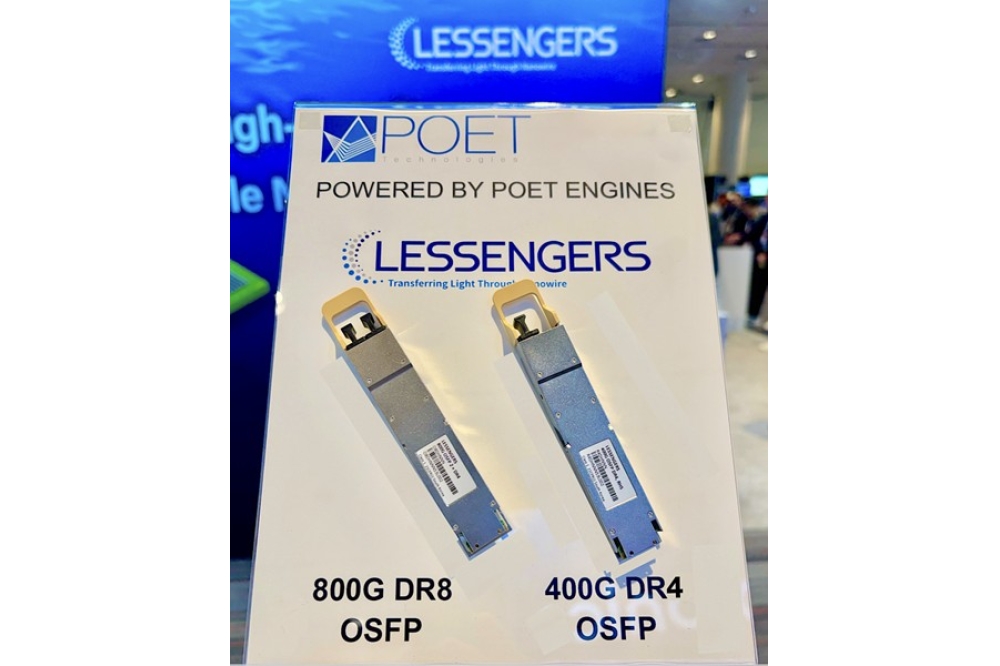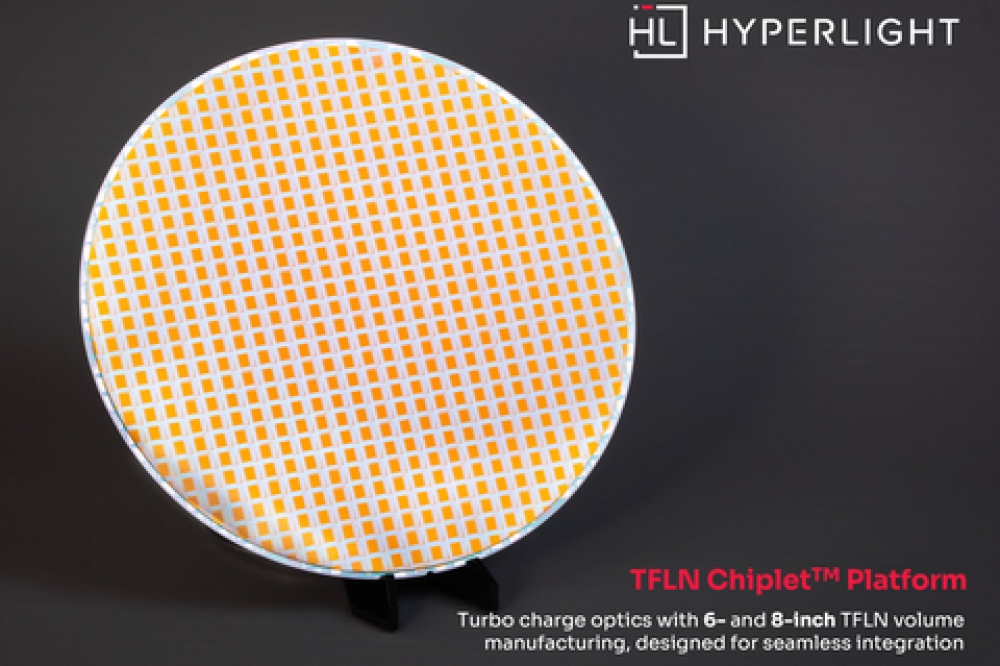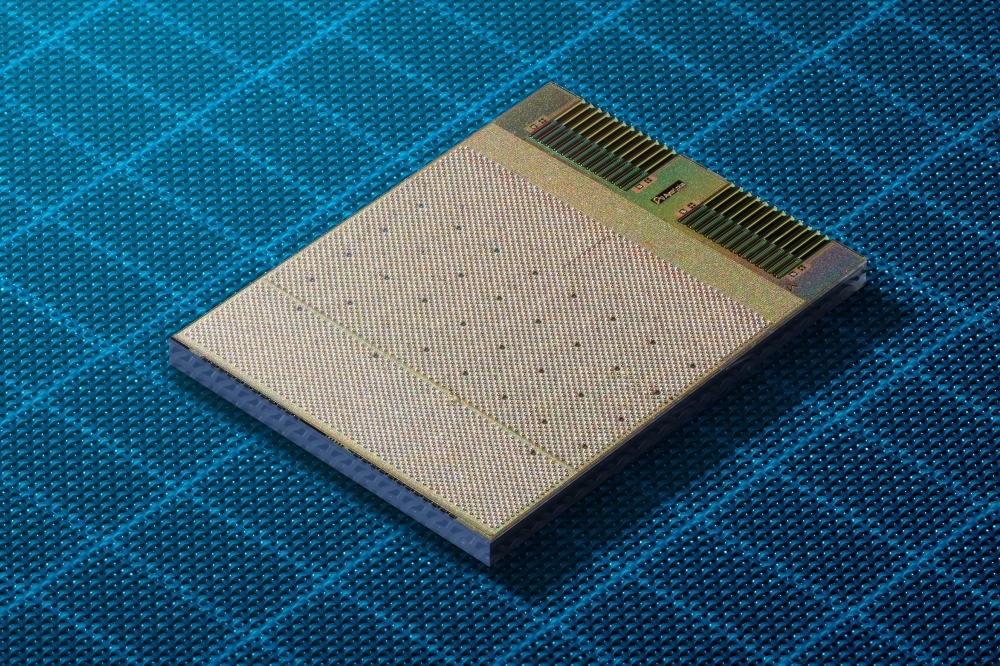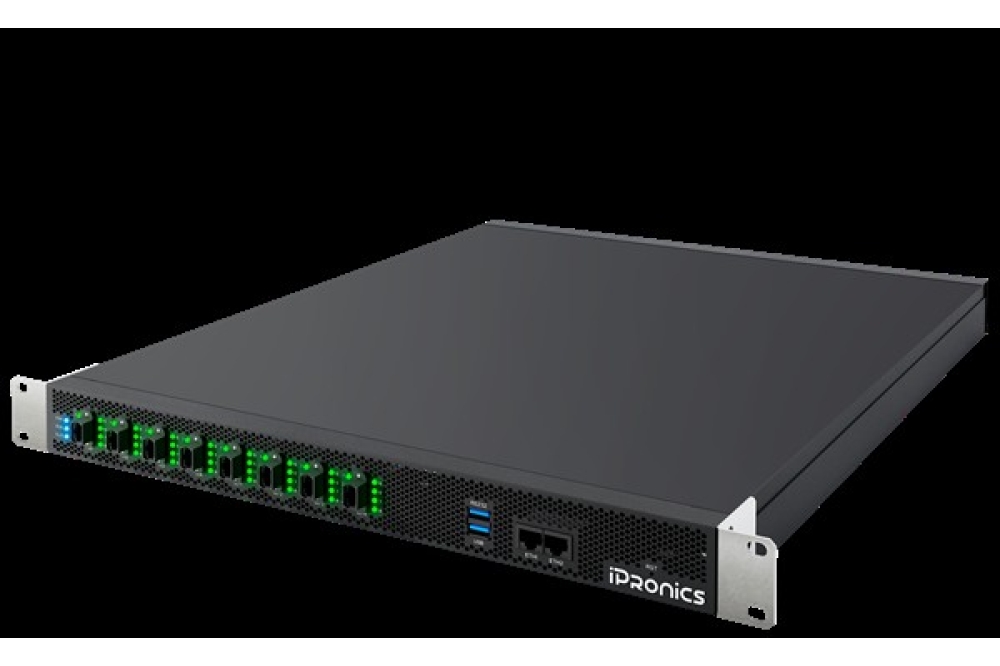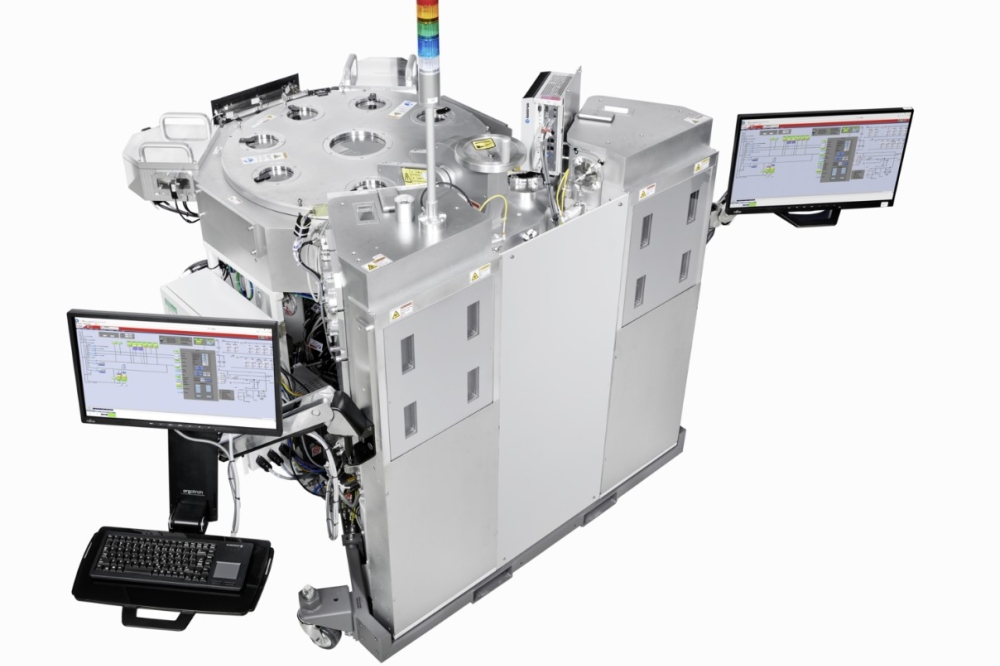Xanadu announces partnership with US Air Force Research Laboratory

The photonic quantum computing company says it will help AFRL tailor its silicon PIC designs for quantum applications, while AFRL will evaluate Xanadu's designs, simulation tools, and software frameworks
Xanadu has announced a new strategic research and development partnership with the US Air Force Research Laboratory (AFRL). The partnership aims to accelerate the development of silicon PICs for quantum applications, with the goal of delivering transformative technologies for both military and commercial applications.
Xanadu, founded in 2016 and based in Toronto, Canada, is known for developing cloud-accessible photonic quantum computers and open-source software for quantum machine learning and chemistry simulation. In January this year, the company unveiled Aurora, which it describes as the world's first complete prototype of a universal photonic quantum computer, featuring a modular architecture with 35 networked photonic chips and 13 kilometres of fibre optics, combining all the subsystems necessary to implement universal and fault-tolerant quantum computation.
The four-year R&D agreement combines AFRL's expertise in deployed advanced technologies with Xanadu's work in photonic quantum computing and chip-scale integration. Through the agreement, AFRL will provide Xanadu access to its Process Design Kit (PDK) for silicon photonic circuits. Xanadu will evaluate the PDK within its software ecosystem and offer technical feedback to help AFRL tailor its chip designs for quantum-specific applications, including entangled photon generation and squeezed light sources – critical elements for quantum computing and communication systems.
“Today's environment requires the cooperation of industry partners to help lay the groundwork for deployable quantum systems that meet the evolving needs of the US Air Force and broader Department of Defense,” stated Mike Hayduk, deputy director of AFRL's Information Directorate.
Beyond technological advancements, the partnership aims to facilitate joint exploration of commercial applications, manufacturing roadmaps, and other knowledge exchange. Xanadu will offer insights into potential markets and end-users for quantum photonic processors and related systems. AFRL plans to evaluate Xanadu's designs, simulation tools, and software frameworks, including its patented approaches to quantum machine learning, quantum chemistry, and fault-tolerant architectures.
“We're excited to collaborate with AFRL on this important initiative,” said Zachary Vernon, Xanadu's chief technology officer for hardware. “This partnership gives us a unique opportunity to push the boundaries of photonic quantum hardware and bring real-world applications closer to reality.”
Vernon also highlighted that this new partnership underscores the growing recognition of the important role that industry-based quantum technologies can play in enhancing US national security, advancing scientific leadership, and boosting economic competitiveness. By promoting collaboration between the public and private sectors, the US can leverage the specialised expertise, innovative strategies, and substantial resources of the private sector, which will help accelerate advancements in the nation's future capabilities.
















